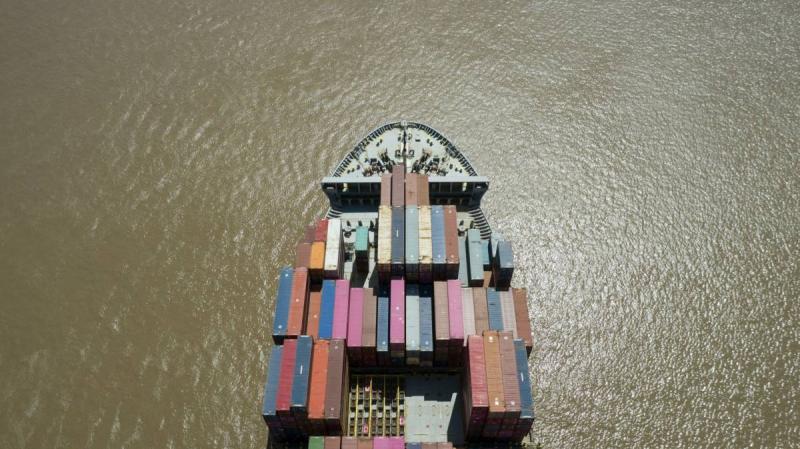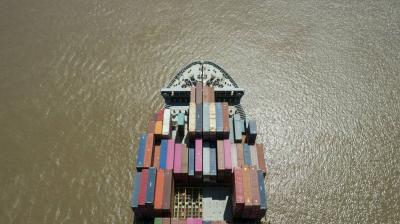Australian Trade Minister Dan Tehan stated that the U.S. plans to enter a digital trade agreement involving economies in the Indo-Pacific region may be a step towards Washington's return to a regional trade pact, which former President Donald Trump withdrew from in 2017. Details of the potential digital agreement are still being drafted, but it may include countries such as Australia, Canada, Chile, Japan, Malaysia, New Zealand, and Singapore, according to Bloomberg reported on July 13. In response to a question from Bloomberg TV on whether the digital deal would lead to the U.S. joining the Comprehensive and Progressive Agreement for Trans-Pacific Partnership (CPTPP), Tehan said, "There are many countries in the region that hope that will indeed happen, but our vision is focused on taking one step at a time."
Biden's Plan
The digital agreement would serve as an early effort by President Joe Biden's administration to present an economic plan for the region, following Trump's decision to withdraw from negotiations for the trade deal in 2017. Tehan mentioned having had "very good meetings" with U.S. lawmakers regarding the digital agreement. He added, "Let’s take one step at a time and create a partnership on both sides to support the digital trade agreement in the Indo-Pacific region, and if we can take that first step, we hope to look forward to the second step, which would be U.S. membership in the Trans-Pacific Partnership." The 11 countries in the CPTPP state that the agreement remains open to all applicants. China is now advancing quietly in talks to join the agreement, which at one time focused its vision on bolstering U.S. economic power and trade relations in the region.
Tehan is seeking to rally support for Australia in its increasingly divisive relationship with China. During his visit to the U.S. this week, the Australian minister met with U.S. Trade Representative Katherine Tai, who stated that Washington "stands with Australia" regarding trade challenges with Beijing. Relations between the two countries have soured since 2018 when Australia barred Huawei Technologies from building its 5G network, and they entered a "free-fall" state last year as Australian Prime Minister Scott Morrison led calls for an independent investigation into the origins of the coronavirus, which first emerged in Wuhan, China. Beijing responded with a slew of punitive trade measures that affected goods ranging from coal to barley, lobster, and wine. Tehan stated, "The U.S. has made it clear that it will not leave us on the playing field alone," adding, "We are exploring ways they can help and support us. Clearly, no country wants to be on the receiving end of economic coercion."




